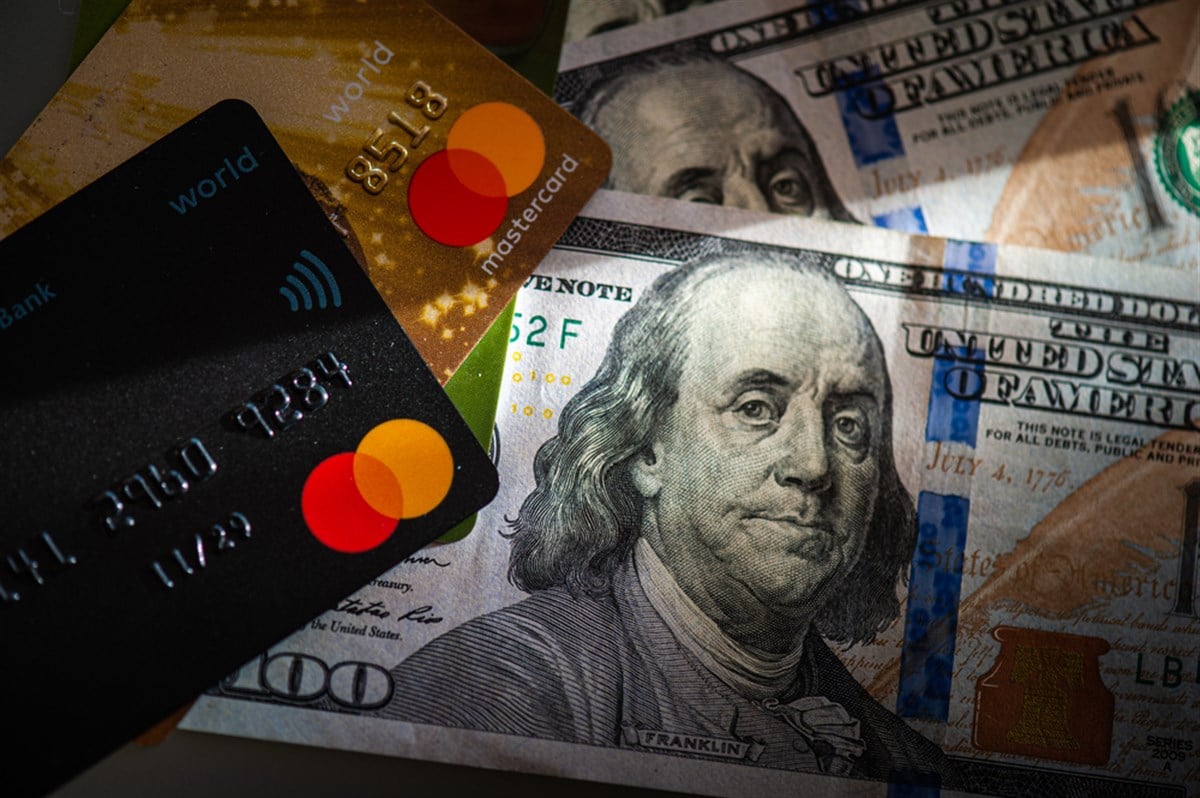
These three stocks, which are at or near the top of their respective industries, just increased dividends by double-digit percentages. Below, I’ll reveal how much these companies are paying out to shareholders now. I’ll also touch on notable share buyback news. Plus, I’ll provide an update on key proposed legislation that investors should be aware of regarding one of these companies.
PACCAR: +4% Yield Makes It One of the Top Dogs for Industrial Dividends
PACCAR (NASDAQ: PCAR), the commercial truck manufacturer, has increased its dividend by 10%. The new $0.33 per share dividend will be payable on Mar. 5 to shareholders on record as of Feb. 12. The company has a history of rewarding shareholders with significant dividend payments relative to its earnings. Its average quarterly payout ratio over the past five years is nearly 51%. The new dividend payment gives the company an indicated dividend yield of 4.1% in 2025. The indicated dividend yield measurement assumes the dividend amount does not change throughout the year.
Despite its small quarterly dividend, the company reaches this figure because it often announces a large extra dividend at the end of each year. In 2024, the extra payment was $3.00 per share. In 2023, it was even higher at $3.20 per share. This 4.1% yield stands tall in comparison to the 1.2% figure offered by the SPDR S&P 500 ETF Trust (NYSEARCA: SPY). The company’s indicated yield is also in the top six among large-cap U.S. and Canadian industrial stocks.
Eli Lilly: Pharma Giant Raises Dividend by Double Digit Percentage and Announces Buybacks
Eli Lilly (NYSE: LLY), the world's largest pharmaceutical stock by market capitalization, just announced a big increase in its quarterly dividend. The increase comes in at 15%, marking the seventh consecutive year the company has raised its dividend by that figure. On Mar. 10, 2025, shareholders on record after Feb. 14 will receive a $1.50 per share payment.
In addition to this dividend increase, the company also announced it has authorized a $15 billion share repurchase program. Based on a market capitalization of $691 billion as of the Dec. 20 close, this buyback program represents 2% of the company’s value. Although relatively small, the buyback program is three times larger than its previous program.
Based on the Dec. 20 closing price of just under $768, the company’s indicated dividend yield is around 0.8% for 2025. Although the figure is small, it actually outpaces most of its industry. Of 43 large-cap pharma and biotech stocks in the US, Canada, and Europe, Lilly's dividend yield is higher than 53% of them. Out of these 43 stocks, 21 don’t pay dividends at all.
Mastercard: Good News on Dividends, Buybacks, and Credit Card Regulation
The payments network company Mastercard (NYSE: MA) raised its quarterly dividend by 15%. The company will pay the new $0.76 per share dividend to shareholders on record as of Jan. 9 on Feb. 7. It gives the company an indicated dividend yield of just under 0.6% for 2025.
Like Lilly, Mastercard authorized a meaningful share buyback program. The company now has $15.9 billion in share buyback authority. This figure combines the new $12 billion number with the $3.9 billion that still remains from its previous buyback program. Together, this authorization amounts to over 3% of the company’s $485 billion market capitalization as of the Dec. 20 close.
In other news around Mastercard, some fears about regulation appear to have gone away, at least for now. In November, executives and advisors from Visa (NYSE: V) and Mastercard attended a Senate Judiciary Committee hearing. The point was to discuss the Credit Card Competition Act (CCCA). Some lawmakers and outside analysts argue that Visa and Mastercard hold an unfair duopoly over the credit card market. They say the lack of competition means merchants must pay excessive swipe fees for processing credit card payments.
The act would require banks to offer at least one other payment network to compete against Visa and Mastercard. This would likely lower the payment volume Visa and Mastercard receive, negatively affecting revenue. However, the bill has not yet advanced to a vote. With two weeks until a new Congress begins its term and other more important issues on the table, it's highly unlikely it will. Still, the CCCA has support from both sides of the aisle, making it a situation to monitor. Lawmakers could reintroduce the bill next year.














